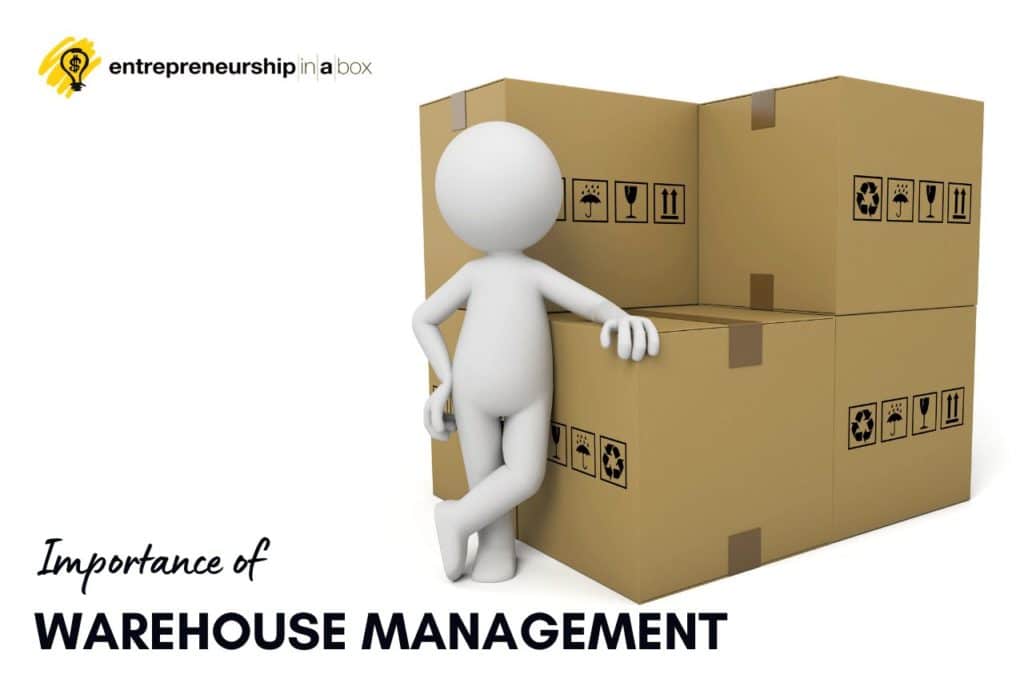Is inventory management your greatest worry? Are you worried about making your inventory management accurate? Do you want to optimize your warehouse capacity to gain maximum benefit?
For most business units, managing a warehouse is the most challenging task. The task of tracking the inventory and ensuring that the stocks move in a logical sequence is the most important and the most challenging tasks of supply chain managers. Therefore, if, as an inventory manager, the above questions are bothering you and standing in front of you as a significant challenge, then the only solution is to adopt a warehouse management system that can systematically manage your entire inventory and automate your processes.
So, what is a Warehouse Management System?
A warehouse management system is a plug-and-play software designed to maximize the warehouse operations and optimize the distribution mechanism of a warehouse. This software application is today used by various companies to control their warehouse activities and track the movement of products from the warehouse to the point of sale.
A warehouse management system helps to simplify the deployment of people and products to improve productivity and increase profits.
What are the benefits of a Warehouse Management System?
The biggest challenge that most warehouse managers face today is to make the most of the space available in the warehouse. The pressure of perfect compartmentalization of products and ensuring that the stocks are enough to meet the ongoing demands is often felt by most organizations. However, with the help of a warehouse management system, these challenges can be overcome. Let us look at some of the advantages of a warehouse management system.
1. Process Optimization
A warehouse management system is the best solution if you are looking to optimize your warehouse capacity and streamline processes. No matter what kind of material you manage, this software can handle it. The WMS allows you to combine various algorithms, that further makes this software universally adaptable and acceptable by all businesses. One essential and attractive feature of WMS is the barcode scanning method that makes tracking of products fast and straightforward.
WMS enables process automation, which means that every process is driven by IT. All records such as shipment details and inbound freight details are registered in the software in real-time and as per actuals, thus negating human error and bringing in more transparency and accuracy into the system.
2. Efficient use of Labour
Warehouse management is not an easy task; to manage the entire warehouse’s length and breadth, you require work-force. These people are the backbone of your supply chain. They carry out all the difficult tasks and ensure that your on-floor-tasks dare carried out effectively. The WMS comes as a boon in labor-management; it registers all the tasks needed for warehousing and allocates work amongst your work-force as per the effort and time required for the job. In this way, it ensures that the Labour is optimally used, and no task gets ignored. Further, the WMS also keeps an update on the task progress, making your work-force more efficient and answerable.
3. Reduces Operational Costs
A good warehouse software helps to identify old stock and ensures that the stocks move out of the warehouse as per their date of entry before they are spoilt or outdated. Thus, the first-in-first-out method can be effectively practiced by using a warehouse management software application. Further, with efficient labor management, the cost spends on Labour is utilized thoroughly, thus making work fast and systematic.
Final Word
WMS is a boon to businesses struggling with deadstock, labor issues, transportation inefficiency, and delayed processes. The WMS application provides a holistic solution that extends beyond the four walls of your warehouse. It is indeed the backbone of every supply-chain management business.





